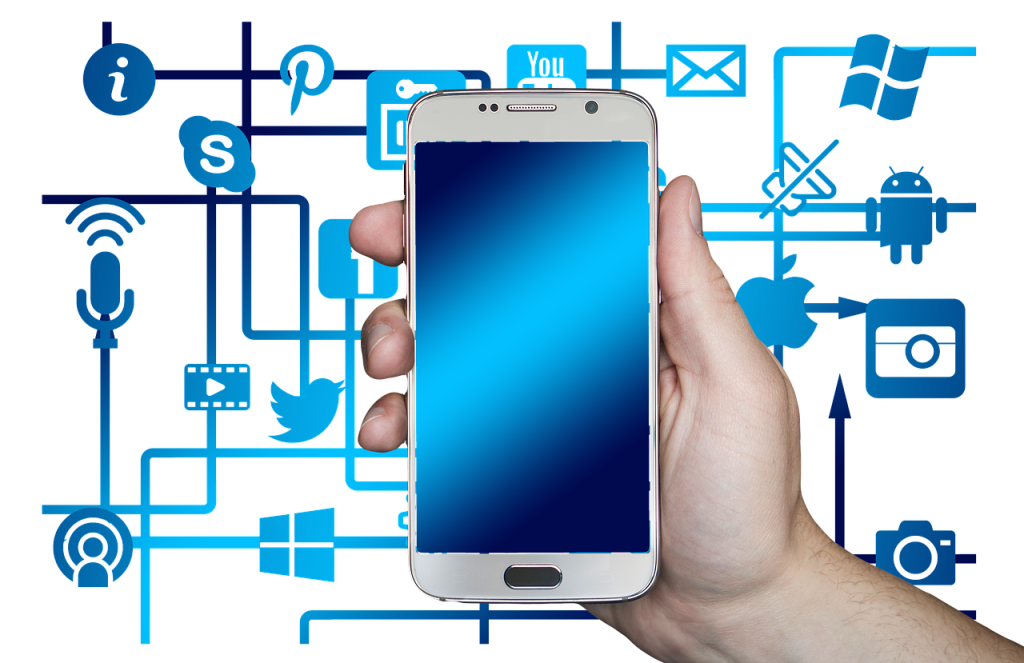Why AI-native Teams Represent the Next Evolution in Marketing
Marketing is evolving faster than ever before. New technologies, vast amounts of data, and automation require businesses to be more flexible and innovative. Particularly, Artificial Intelligence (AI) is revolutionizing not just individual tools, but entire workflows. Companies that build AI-native marketing teams gain a significant competitive advantage.
But what does “AI-native” actually mean? And why is this concept so crucial for the future of marketing?
What Are AI-native Marketing Teams?
An AI-native marketing team is more than just a traditional team that uses a few AI tools. It’s a team that integrates AI into its mindset, processes, and decision-making from the start. The team members possess solid technical knowledge, a high level of experimentation, and strategic competence in data-driven marketing.
The key aspect is that these teams don’t just use AI to become more efficient—they actively develop creative campaigns, customer interactions, and even content strategies with AI.
Why Are AI-native Teams So Important?
Technological advancements—especially in generative AI—have sparked a profound shift:
- Speed of Production: Content, analyses, and campaign ideas can now be generated in minutes instead of days.
- Precise Personalization: AI can predict audience behavior and adjust content in real-time.
- Rising Competition: Companies that don’t strategically use AI are losing visibility and relevance.
A team that understands AI not only as a tool but as a mindset will learn faster, make better decisions, and work more creatively.
How Does an AI-native Marketing Team Work?
Building such a team starts with a clear vision and strategic implementation:
- Recruit New Competencies
In addition to traditional marketing knowledge, skills in data analysis, AI tools, and prompt-based communication are increasingly important. Interdisciplinary roles like “AI Marketing Architect” are gaining significance. - Tools & Infrastructure
A strong AI-native team knows the best AI tools (like ChatGPT, Midjourney, Jasper, HubSpot with AI integration, etc.) and understands how to integrate them effectively into everyday workflows—from content creation to automating email campaigns. - Reinventing Processes
Traditional workflows are replaced with agile, AI-driven processes. Testing, analysis, and optimization happen faster, data-driven, and more impactful. - Fostering a Cultural Shift
Openness to new ideas, continuous learning, and a positive attitude towards technology are essential. Mistakes are part of the process—the key is learning from them and continuously improving.
Benefits and Challenges
Benefits:
- Speed & Efficiency: Campaigns and content can be created much more quickly.
- Higher Relevance: Content can be better personalized and is based on solid data.
- Innovation Leadership: AI-native teams set trends rather than just follow them.
Challenges:
- Knowledge Gaps: Many traditional marketers need to acquire new skills.
- Ethics & Responsibility: The use of AI requires clear guidelines and transparent communication.
- Tool Overload: Without a clear strategy, the vast array of tools can become overwhelming instead of helpful.
Conclusion: The Time is Now for AI-native Marketing Teams
AI-native marketing teams are not a vision for the future—they are the response to a transformation already underway. By strategically using AI, companies will not only be more efficient but also more creative and impactful. The combination of technical understanding, data competency, and human creativity forms the foundation for a new marketing paradigm.
Companies that invest now in education, tools, and team structures are laying the groundwork for long-term success in an AI-driven future.


